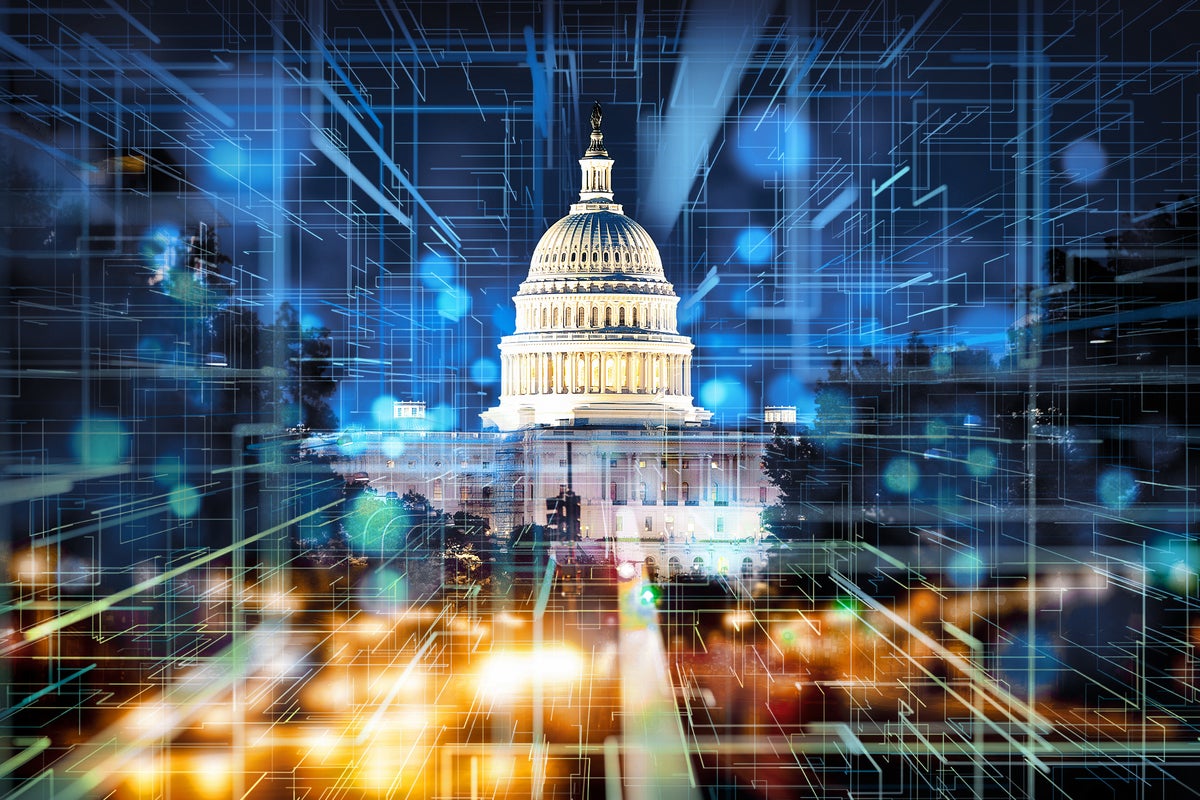By now, virtually everyone agrees that powerful generative AI needs to be regulated. In its various forms, it presents a variety of potential dangers: helping authoritarian regimes, thanks to its ability to create misinformation; allowing Big Tech firms to establish monopolies; eliminating millions of jobs; taking over vital infrastructure; and — in the worst case — becoming an existential threat to humankind.
One way or another, governments around the world, including the regulation-averse United States, eventually need to set rules about how generative AI can and can’t be used, if only to show they’re taking the dangers seriously.
Any such rules couldn’t be more important, because without sufficient guardrails in place soon, it may be too late to stop AI’s spread.
That’s why Microsoft is pushing so hard for government action — that is, the kind of government action the company wants. Microsoft knows it’s AI gold-rush time, and the company that stakes its claims first will end up the winner. Microsoft has already staked that claim, and now wants to make sure the federal government won’t interfere.
Not surprisingly, Microsoft President Brad Smith and OpenAI CEO Sam Altman have become the feds’ go-to tech execs for advice on how to regulate generative AI. That puts Microsoft, which has invested $13 billion in OpenAI, in the driver’s seat — it’s a safe bet Altman’s recommendations align with Smith’s.
What exactly are they advising the government do? And will their recommendations truly rein in AI, or will it be mere window dressing?
Altman becomes the face of AI
More than anyone else, Altman has become the face of generative AI on Capitol Hill, the person elected officials call to learn more about it and for advice on regulations.
The reason is simple: OpenAI created ChatGPT, the chatbot that revolutionized AI when it was unveiled late in 2022. Just as important, Altman has carefully courted Congress and presents himself not as a tech zealot, but as a reasonable executive who only wants good things for the world. Left unsaid is the billions of dollars that he, his company, and Microsoft stand to gain by ensuring that AI regulation mirrors what they want.
Altman began a charm offensive in mid-May that included a dinner with 60 members of Congress from both political parties. He testified before many of the same members on the Senate Judiciary subcommittee on privacy, technology and the law, where he was lauded in terms usually reserved for important foreign dignitaries.
At the hearing, Committee chair Sen. Richard Blumenthal (D-CT) — normally a critic of Big Tech — enthused: “Sam Altman is night and day compared to other CEOs. Not just in the words and the rhetoric but in actual actions and his willingness to participate and commit to specific action.”
Altman focused primarily on the apocalyptic, up to and including destruction of humankind. He asked that Congress focus their…
2023-07-04 10:24:02
Source from www.computerworld.com rnrn
